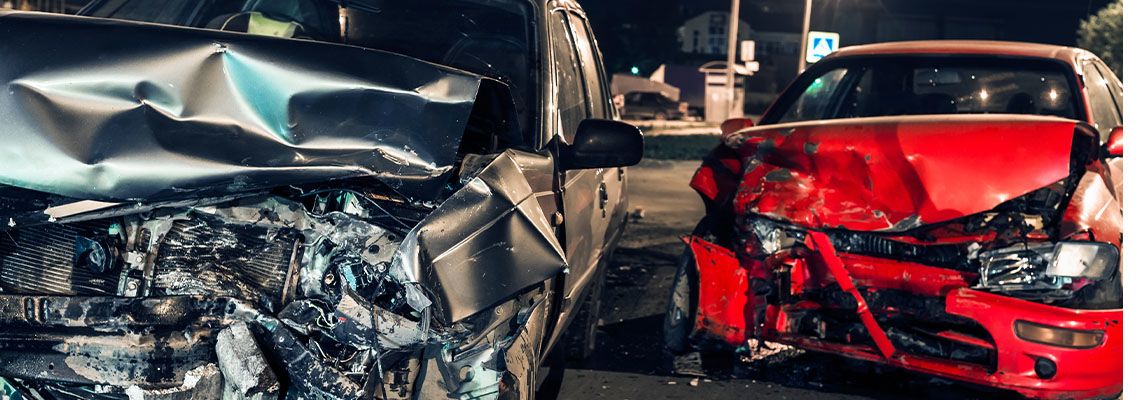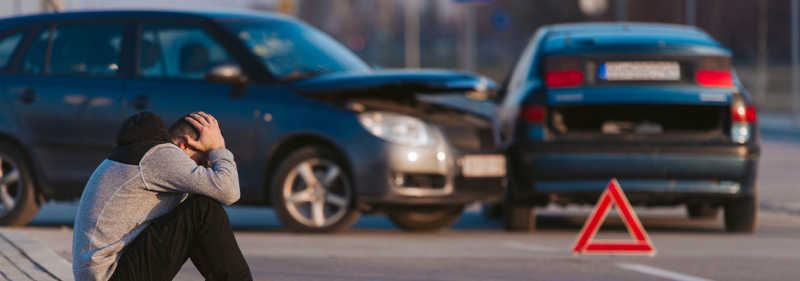
When Is a Car Manufacturer Liable for an Accident?
If you have been injured in a car accident, you are probably looking for someone to blame. It might not be another driver or even you. The accident might have been caused by a manufacturing defect that compromised the safety of your vehicle.
Vehicle design and manufacturing defects cause death and injury to thousands of people every year. In fact, there are five specific flaws that have caused rollover accidents, taking the lives of nearly 2,000 adults and children before those autos were recalled: those included random acceleration, faulty ignition switches and tires, engine explosions, and design flaws.
When we purchase a vehicle, we expect it to be safe. When it’s not, the manufacturer should and can be held accountable. Our personal injury attorneys at Gama Law Firm LLC have been helping our clients hold manufacturers accountable for decades. If you believe a flaw in your vehicle caused a crash and injuries in Denver, Aurora, Centennial, Castle Pines, or Parker, Colorado, reach out to us for experienced advice.
What Defects May Lead to Accidents and Injuries?
Most of us don’t think about the thousands of moving parts and dozens of systems required to run our vehicles. We simply get behind the wheel, start the car, and count on it to move us safely from one destination to another. However, each part and system holds the potential for something to go wrong. A car defect can injure and kill.
The safety of vehicles on Colorado roadways is always a concern. That’s why the state requires periodic inspections of vehicles eight years old or older and every time ownership of the vehicle is transferred. Inspections check emissions and safety issues such as working lights and signals, fluids, brakes, and tire pressure.
Among the most common causes of crashes other than driver error can include the following:
Faulty acceleration or computers;
Random engine shutoffs;
Defective brakes;
Defective steering;
Defective tires or axles; or,
Wheelbase design.
Moreover, manufacturing defects can contribute to the injuries or death sustained upon impact. For example, there may be safety belts that fail to hold, airbags that don’t deploy, child safety seat anchors that give way, seats, and headrests that break, glass that shatters improperly, or body structures that fail to protect those in the vehicle.
What Can a Manufacturer Be Held Liable for in Colorado?
In Colorado, car manufacturers can be held liable under two legal theories. Plaintiffs may use a theory of negligence by proving the manufacturer owed a duty of care, failed to uphold that duty by doing or not doing something, or recklessly did something that caused injury to the occupants. Plaintiffs may also pursue a claim using strict liability which means they don’t need to prove any negligence occurred, only that a product flaw or defect resulted in the injuries and damages.
What Types of Defects or Flaws Are There?
There are three types of defects you can use to pursue a product liability claim:
Manufacturing defects are those that occur during the production process. It may be anything that compromises a sound design, such as the use of inferior materials, a failure of quality control, or sloppy or incomplete workmanship. For example, a vehicle lacking a structural bolt and isn’t caught in a quality control inspection constitutes a manufacturing defect.
Design defects are those safety flaws inherent in the design of the auto itself. A vehicle designed with an insufficient wheelbase to maintain balance when navigating curves and turns at normal speeds is an example of a design defect.
Failure to warn is failing to advise vehicle operators of certain restrictions to the design of the vehicle. For example, if the manufacturer fails to label a safety harness with the maximum weight it will bear before being compromised, and a heavier person is injured in a crash as a result, that constitutes a failure to warn.
How Do You Prove Manufacturer Liability?
If you pursue a claim based on negligence, the burden of proof is the same as any negligence-based liability claim. You must prove that the manufacturer owed a duty of care, that they violated that duty of care, and that as a result, you sustained injuries and other damages.
If you pursue a strict liability claim, you must provide evidence that the part or system that failed was unreasonably dangerous, causing the accident and injuries.
In either case, it is important that you begin working right away with a personal injury attorney who has worked with both negligence and strict product liability claims. It’s important to preserve the evidence of (1) the manufacturing defect and (2) engineering analysis demonstrating the defect’s role in the crash. They are essential to your ability to prove the manufacturer’s liability.
Experience You Can Trust: Gama Law Firm
At Gama Law Firm, we know from experience that insurers of those manufacturers named in liability claims will do everything they can to avoid a settlement. That is a challenge we thrive on. Our clients should not have to suffer additional harm because a manufacturer failed to deliver a safe vehicle.
If you have been injured in Aurora or Denver, Colorado, and believe a manufacturing defect contributed to the crash, call the Gama Law Firm LLC right away.

